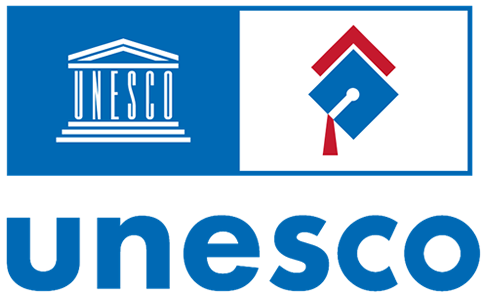University Communal Work: A disruptive and transformative proposal for 2050
Abstract
The article synthesizes the transformation process of the University Communal Work (TCU for its acronym in Spanish) carried out by the TCU Manager and University Authorities of Research and Extension of the Castro Carazo University, in Costa Rica. It is presented with the purpose of evidencing the experience of a theoretical-practical process in the internal context of epistemological, axiological and methodological transformation of the university's programs. Attending the call of the United Nations Educational, Scientific and Cultural Organization (UNESCO) on the theme "The futures of Higher Education in Latin America and the Caribbean", we decided, as a starting point, to assume the commitment to present the TCU experience, from the critical analysis of the documents published by UNESCO. The TCU experience arises from a critical analysis process in relation to the University's Educational Model and the documents mentioned by UNESCO in the call for this publication. And thus, to demonstrate the transformation proposal made by the Castro Carazo University. The experience of this process in itself contributes to the construction of ideas to visualize the need to transform plans and programs into institutional coherence. The article ends with the Discussion and Developments section (unfinished and circular process) based on critical analysis variables defined by the work team, namely: educational model, transformation of the person, epistemological rupture.
Copyright (c) 2023 André Díaz Rojas , Yalile Chan Jiménez, Eugenia Rodríguez Ugalde

This work is licensed under a Creative Commons Attribution-NonCommercial 4.0 International License.
Copyright notice
Copyright allows the protection of original material, and curbs the use of others' work without permission. UNESCO IESALC adheres to Creative Commons licenses in the open access publication of ESS. Specifically, texts published in this journal are subject to a Creative Commons Attribution-NonCommercial 4.0 International (CC BY-NC 4.0) license: ESS is an open access journal, which means that all content is freely available to the user or their institution. Users may read, download, copy, distribute, print, search or link to the full text of the articles, or use them for any other lawful purpose, without asking prior permission from the publisher or the author, always making sure to cite the author. Commercial use is not permitted. ESS requires authors to accept the Copyright Notice as part of the submission process. Authors retain all rights.
The full license can be found at https://creativecommons.org/licenses/by-nc/4.0/
 Attribution - NonCommercial (CC BY-NC 4.0)
Attribution - NonCommercial (CC BY-NC 4.0)
This journal does not charge authors for the submission or processing of articles. The authors of the contributions will receive acknowledgment of receipt that the work has reached the Editorial Team of the Journal.




.png)
